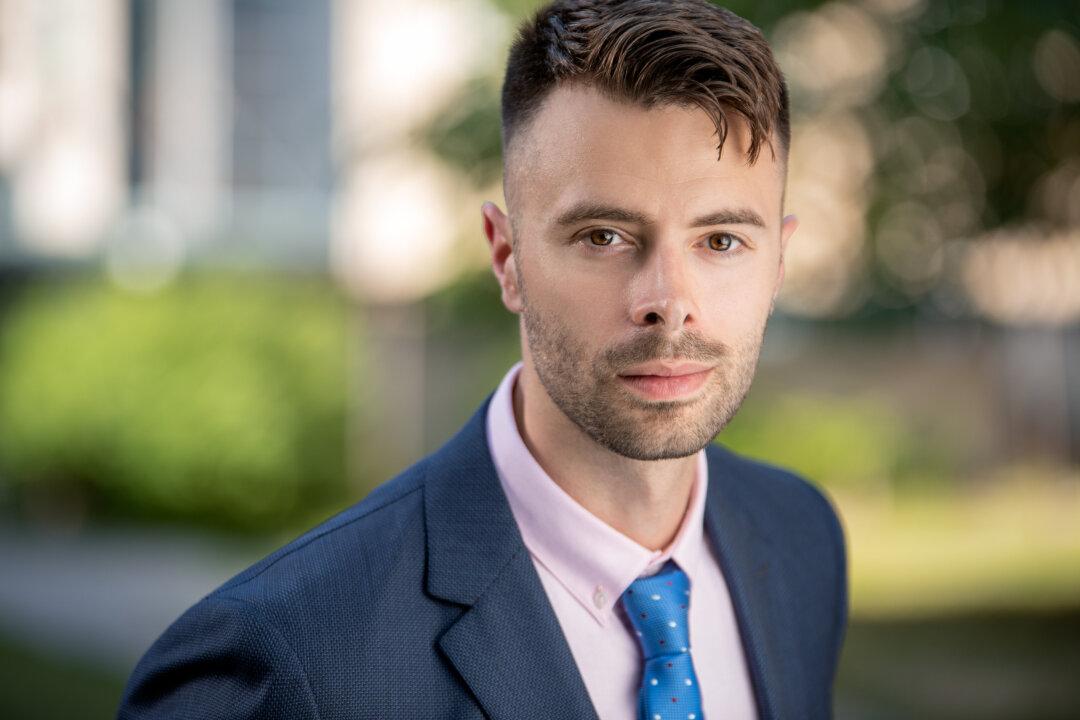When critical care physician Dr. Matt Strauss took on the role of acting medical officer of health for Ontario’s Haldimand-Norfolk region in September 2021, it didn’t take long before media reports featuring mainly negative views about him began to proliferate.
“I had been very frank about my views about the pandemic,” Strauss told The Epoch Times.





